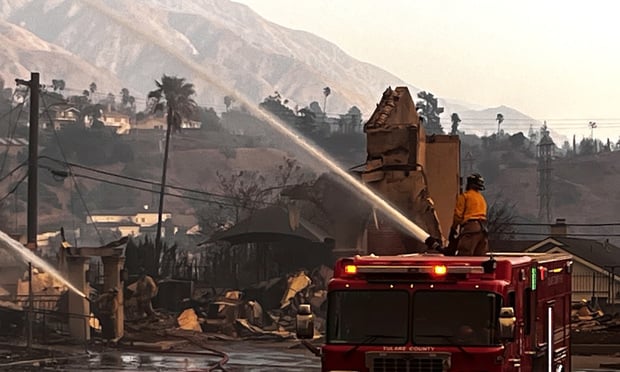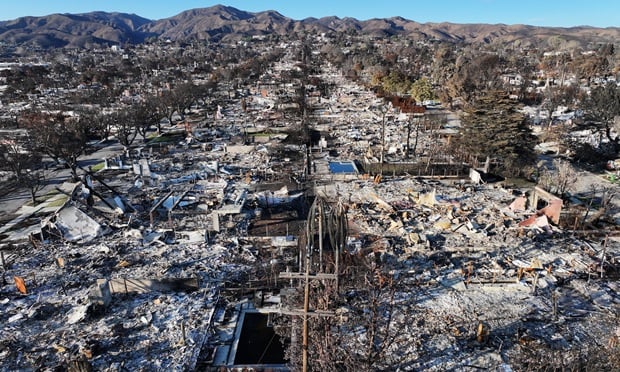NU Online News Service, March 8, 2:54 p.m. EST
WASHINGTON—Using reinsurance could reduce the burden of the National Flood Insurance Program on taxpayers, the head of the Reinsurance Association of America said today.
Representatives of the offshore reinsurance industry also weighed in, saying there is an appetite for international reinsurers to take risk out of the NFIP, and that the offshore industry supports language in a draft bill that would allow the NFIP to purchase private reinsurance.
Frank Nutter, RAA president, defended a provision of the draft legislation reauthorizing the NFIP that calls for a study on use of reinsurance and possible privatization of the program.
"The RAA believes that the NFIP could address its volatility and extreme-event exposure and reduce the dependence of the program on taxpayers and federal debt through risk transfer to reinsurance from private-market capital providers," Mr. Nutter said.
Mr. Nutter also said the NFIP could use the reinsurance market to seek the placement of catastrophe bonds to supplement available reinsurance capacity.
"Both markets have significant excess capacity, and [I] believe that flood risk can be reinsured or transferred into capital markets," Mr. Nutter said.
Brad Kading, president and executive director of the Association of Bermuda Insurers and Reinsurers, said he believes there is some capacity for reinsurance of the NFIP.
"Reinsurers want to write some risk in the program, and we think policymakers want to use reinsurance to reduce future debt obligations," he said.
Mr. Kading said reinsurers support provisions in the draft bill that would allow private reinsurers to take on NFIP risk.
One provision of the draft bill says that within 18 months, the Federal Emergency Management Agency should conduct studies on privatizing the NFIP and make reports to Congress on the issue.
Mr. Kading acknowledged that offshore insurers and reinsurers talked to Rep. Judy Biggert, chair of the Insurance, Housing and Community Opportunity Subcommittee of the House Financial Services Committee, which will hold a hearing on the issue Friday, about carving out a role for private insurance and reinsurance in the NFIP.
"We have suggested use of insurance and reinsurance to Rep. Biggert, and others have also, including FEMA," Mr. Kading said.
"But, they are considering a wide range of options to reduce the risk to taxpayers," Mr. Kading said.
He acknowledged that there has been some pushback to proposals by offshore insurers to carve out part of the flood insurance risk but not to reinsure.
"Most of the industry trade groups have said they don't support privatization of direct writing of flood risk insurance," Mr. Kading said.
He said direct writing by offshore insurers would be "an experiment."
"We really can't agree to underwrite the risk until we look at FEMA data," Mr. Kading said. "We write flood risk elsewhere, we sell reinsurance on commercial flood risk in the U.S., and we sell direct insurance in other countries.
"So there is appetite for this risk among international reinsurers," he said.
Want to continue reading?
Become a Free PropertyCasualty360 Digital Reader
Your access to unlimited PropertyCasualty360 content isn’t changing.
Once you are an ALM digital member, you’ll receive:
- Breaking insurance news and analysis, on-site and via our newsletters and custom alerts
- Weekly Insurance Speak podcast featuring exclusive interviews with industry leaders
- Educational webcasts, white papers, and ebooks from industry thought leaders
- Critical converage of the employee benefits and financial advisory markets on our other ALM sites, BenefitsPRO and ThinkAdvisor
Already have an account? Sign In Now
© 2025 ALM Global, LLC, All Rights Reserved. Request academic re-use from www.copyright.com. All other uses, submit a request to [email protected]. For more information visit Asset & Logo Licensing.








